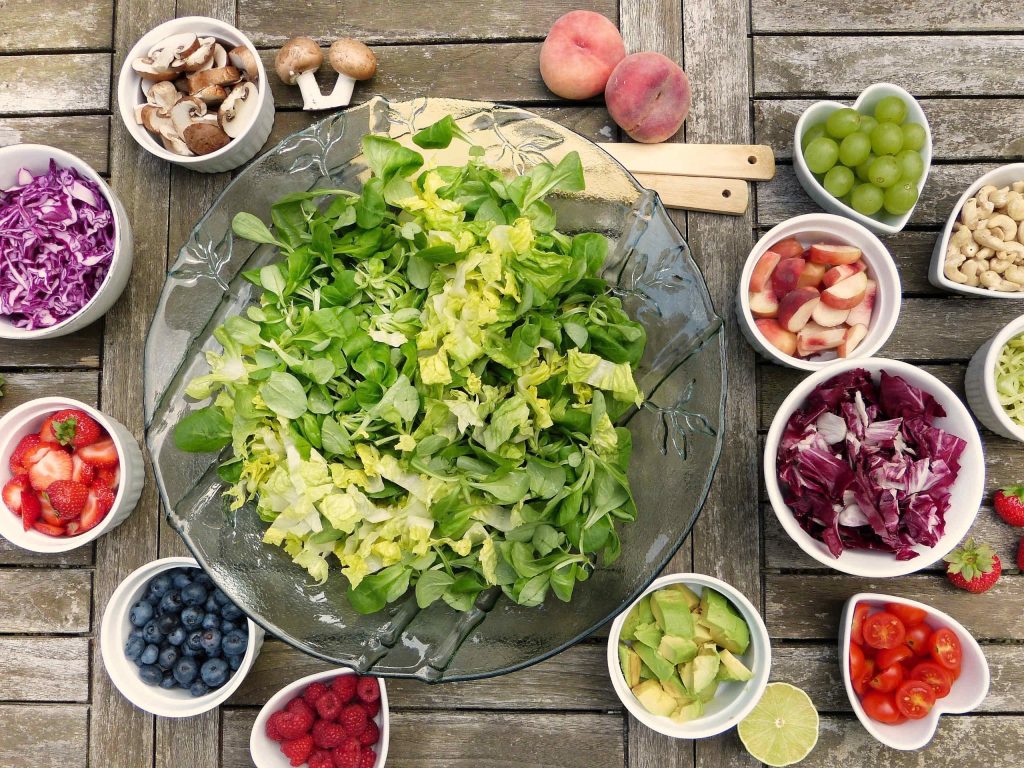
Vegan interpretations of traditional dishes will become part of our food culture in the future. This is the conclusion of trend researcher Hanni Rützler. In addition to new high-tech imitations of meat and fish, meat-free adaptations of classic dishes that do not require complicated lists of ingredients are also shining. The still popular bowls, for example, can be perfectly “veganized” – whether sweet or savoury, breakfast or lunch snack.
Now possible without animal ingredients: vegetables, fruit or salad, nuts or seeds are perfect for a quick snack. Then there are filling foods such as quinoa, couscous or bulgur, which offer plenty of scope. And then we mustn't forget the so-called superfoods: Avocado, pomegranate or chia seeds, for example, are very popular with health-conscious gourmets. The regional alternatives are beet, linseed or kale. With imagination and creativity, delicious plant-based alternatives can be created - in the form of healthy snacks, sophisticated variety or favorite childhood memories.
Meat is losing its role as the leading product of our food culture - at least in the visions of innovative food technologists and investors as well as in the vegan discourse on “proper” nutrition. Plant-based food has become one of the most important food trends of our time. In addition to plant-based products, other alternatives such as alt-protein and cell-cultured food, which are becoming increasingly similar to meat and fish in terms of taste and texture, are now on the horizon.

It is more than a cookbook. Kanaan – Cooking without borders is a manifesto for understanding, compassion, and what good food has always been able to do: bring people together. Every day at the Kanaan restaurant in Berlin, Israeli Oz Ben David and Palestinian Jalil Dabit demonstrate that cuisine speaks a universal language – and that where there is cooking, understanding begins.
INFO
Kanaan – Cooking Without Borders
Authors: Oz Ben David, Jalil Dabit
Photography: Elissavet Patrikiou
Publisher: Südwest Verlag
Length: 192 pages
ISBN: 978-3-517-10429-4
Price: €28.00 (Germany) / €28.80 (Austria) / CHF 38.50
Las Vegas is known for its long nights, which makes places that do mornings really well all the more important. Between the Strip and downtown, there are a surprising number of spots where breakfast and coffee are not just an afterthought, but are deliberately celebrated. It’s these places that make all the difference: quiet, high-quality, and offering just the right amount of enjoyment before the day gets going.
Fine dining, steak, sushi, Mexican cuisine, and Italian dolce vita – Las Vegas has long been more than just buffets and shows. We sampled some of the city’s most exciting restaurants – from complex Chinese flavors and traditional American steakhouses to Japanese presentation and Mexican sensuality.


Vegan interpretations of traditional dishes will become part of our food culture in the future. This is the conclusion of trend researcher Hanni Rützler. In addition to new high-tech imitations of meat and fish, meat-free adaptations of classic dishes that do not require complicated lists of ingredients are also shining. The still popular bowls, for example, can be perfectly “veganized” – whether sweet or savoury, breakfast or lunch snack.